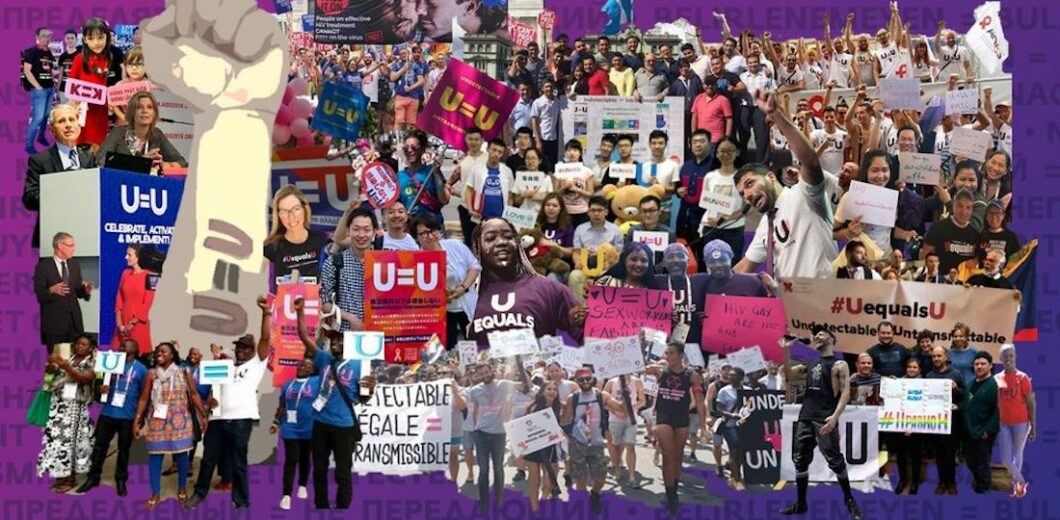Every year, we produce an NGO report that we present to the PCB during one of its biannual meetings. In the selection process, the highest priority is given to a topic that is relevant to the HIV response, and the communities we represent, and requires urgent action at the global level.
This year, the NGO Report will focus on U=U: Undetectable = Untransmittable and will be presented at the 51st meeting of the UNAIDS PCB in December 2022. The working title for the report is “U=U: A foundational, community-led, global HIV/AIDS health equity strategy”. We are seeking examples of good practices at country, regional, and global levels where community-led U=U has demonstrated increased and more equitable access to and improved uptake in treatment and care services within diverse communities across low, middle, and high-income settings. Examples could include:
- Documented evidence of effective and innovative U=U interventions, such as:
- Examples of community-driven collaboratives (e.g., involving multiple stakeholders including community, civil society, health care providers, researchers, the private sector and government);
- Examples of U=U initiatives that work with other sectors across the SDGs to address the socioeconomic and structural drivers of HIV;
- Address the gender disparities in risk of HIV and access to prevention, treatment, and care;
- Others.
- Examples and documented evidence of how U=U has contributed to facility-based and community health systems strengthening:
- Result in improved access to and retention in treatment and care;
- Result in increased demand for and access to information, technology, treatment, and care for people living with HIV in diverse and marginalized communities;
- HIV care cascade: community case finding with early case detection and linkage and retention in care;
- Work in other sectors to reduce the impact of HIV, e.g., education, comprehensive sexuality education, food security, etc.
- Address the legal environment for HIV to reduce the barriers to prevention, treatment, and care;
- Protect and promote human rights, the right to health, and universal health coverage;
- Others.
- Effective U=U advocacy strategies and information, education, and communication campaigns that:
- Address stigma and discrimination as barriers to diagnosis, treatment, and care;
- Meaningful community and civil society engagement and advocacy;
- Address the legal environment for HIV to reduce the barriers to prevention, treatment, and care;
- Others.
For any questions, please contact Robin Montgomery at robin.k.montgomery@gmail.com.
Thank you for your time, consideration, and response.
